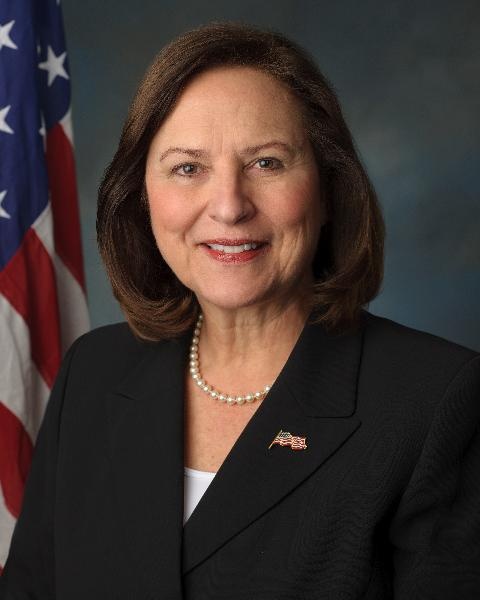Here in Nebraska, we are proud of our robust trucking industry. From globally-recognized companies to owner-operators with a single truck, almost every community in our state relies on trucking to move goods to market.
On a broader scale, our nation’s economy depends upon safe, timely, and efficient trucking. Nearly 500,000 truckers operate on America’s roads today. Because of this, it’s imperative that we put policies in place to increase productivity and drive down costs so that this important industry can continue to prosper.
As we strive for greater efficiency, it’s also our responsibility to promote the safety of our nation’s roads at the local and federal level. To that end, in 2000, Congress established a separate agency within the Department of Transportation called the Federal Motor Carrier Safety Administration (FMCSA). This agency is charged with enhancing road safety and preventing injuries to commuters across the country. However, in an effort to carry out its responsibilities, I believe the FMCSA has taken an inflexible approach. Through overreaching mandates, the agency is now on a mission to paralyze the trucking industry.
Over the past decade, the FMCSA has moved forward with these guidelines without considering the views of Congress, several independent agencies, the law enforcement community, or small and large businesses. In refusing to fully collaborate or provide transparency on policy-making decisions, the FMCSA has fostered an environment of mistrust between the agency and the carriers it regulates.
Enough is enough and it’s time for reform. That is why last week, I convened a hearing of the Senate Surface Transportation Subcommittee to focus on reforming the FMCSA. During the hearing, we listened to expert witnesses from the Government Accountability Office (GAO), the National Transportation Safety Board, and the inspector general of the Department of Transportation, all of whom expressed serious concerns with the FMCSA’s current regulatory approach.
Also at the hearing, I had the opportunity to question Mr. Scott Darling, the acting administrator of the FMCSA, about the agency’s Compliance, Safety, Accountability program. When I asked him whether or not the FMCSA was looking at any specific changes to its programs, as noted in his testimony and suggested by the GAO, he could not name a single reform that the agency is considering. I was surprised and disappointed by his response.
Moving forward, I intend to author legislation to ensure a more inclusive FMCSA process. My reforms will address two major principles. First, the agency should be required to conduct a periodic review of its guidance and regulations and make those findings available to the public. By increasing transparency, the public can see what’s working and what isn’t. Second, the FMCSA must conduct a more robust cost-benefit analysis of its proposed regulations and their anticipated impact on the industry. In some cases, a real-world study may be necessary in order to fully understand the costs of these regulations before final implementation.
This is a start, and I’m hopeful that through these efforts we can set a new tone. I believe that by encouraging collaboration and trust, we can maintain and increase the safety of our nation’s roads without harming our economy.
MOST VIEWED STORIES
Cold case investigation leads to Holton warrant
Horton City Clerk's resignation accepted Monday
Effingham owner regains truck following theft, arrest
Former Kickapoo Tribal chairman arrested
Local residents avoid injury in chain reaction crash
Winchester native named as Amberwell CEO
Holton property search concludes with arrest
Mayetta pair arrested on meth, child endangerment charges
Stolen trailer, 4-wheeler, recovered in Atchison
Juveniles face charges following Atchison break-in
Atchison Co's Oswald named honorary bailiff for KS Court
Rural Horton man charged in alleged beating
Two arrested following Friday Jackson Co traffic stop
McLouth man injured in Monday wreck
No injuries in early Sunday morning house fire in Falls City
KS prepares for severe weekend weather
Senator Slama on tax relief efforts
Commission approves agreement for budget help
LATEST STORIES
KS prepares for severe weekend weather
Richardson County Board approves pay raise for dispatchers
NPPD urges farmers to be safe around power lines
Arbor Day proclaimed in Atchison
Former AG Schmidt running for KS' 2nd Congressional District
Doniphan Co Commission approves overlay projects
Rural Horton man charged in alleged beating
Holton property search concludes with arrest


 Printer Friendly
Printer Friendly
 Email to a Friend
Email to a Friend





